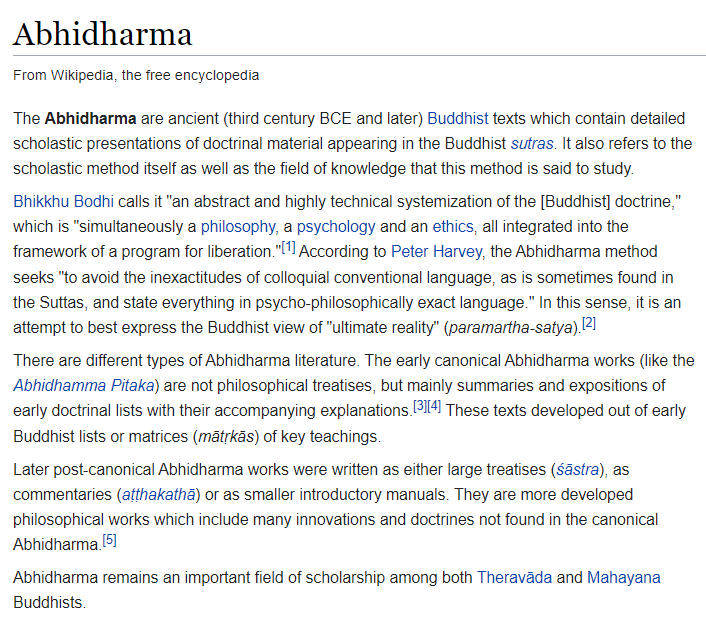@lyssasphere The Buddha experienced his awakening approximately 500 years before the birth of Christ. What he awakened to was the presence of birth, old age sickness and death. When he really saw all these aspects of life he left a privilege existence and became an ascetic.
@lyssasphere \2
He became disillusioned with the spiritual life of the ascetics. One night he sat beneath the Bodhi (awake) tree vowing not to arise until he knew wtf was going on. And he observed the suffering of all sentient beings.
He became disillusioned with the spiritual life of the ascetics. One night he sat beneath the Bodhi (awake) tree vowing not to arise until he knew wtf was going on. And he observed the suffering of all sentient beings.
@lyssasphere /3 According to the story, the Buddha realized what he understood could not be taught. So he remained silent. Some ascetics, who had known him, were amazed at his transformation, and asked him to teach them. And he taught for the next 40 years.
@lyssasphere /4 What he taught was 1) Everything we observe is impermanent 2) Our existence is characterized by suffering and 3) there is no soul as an independent entity - there is no self.
@lyssasphere 5/ Buddhism was an oral tradition for about 500 years, and then the teachings were written down. It has remained a monastic discipline. There have been many lay followers and patrons as well. Women have equal status and there are buddhist nuns. There remains a patriarchy.
@lyssasphere /6 The unique aspect of Buddhism w.r.t. Abrahamic organized religions is the instruction to completely discipline your own mind. Buddhist ethics are straightforward - do not do negative things, practice virtue and learn how to control your mind.
@lyssasphere /7 Without understanding of your mind, one will simply make the same mistakes over and over again - which is insanity.
The Buddha taught meditation and insight practices for that 40 years. He apparently was an excellent debater.
The Buddha taught meditation and insight practices for that 40 years. He apparently was an excellent debater.
@lyssasphere /8 The principles of Buddhism do not support worldly life. It is bad for business. It was wiped out eventually in northern India and twice in China. It survived in a pristine state in Tibet until the Chinese attack in 1950. From there it has migrated to US and Europe.
@lyssasphere /9 Buddhist texts frequently read like a computer manual. Which makes them attractive for #Autistic people.
Sitting meditation practices are effective ways to work with your mind. There are many other ways. I like practicing piano. Or sports.
Cannot avoid doing the experiment.
Sitting meditation practices are effective ways to work with your mind. There are many other ways. I like practicing piano. Or sports.
Cannot avoid doing the experiment.
@lyssasphere @threadreaderapp please unroll
• • •
Missing some Tweet in this thread? You can try to
force a refresh

 Read on Twitter
Read on Twitter




